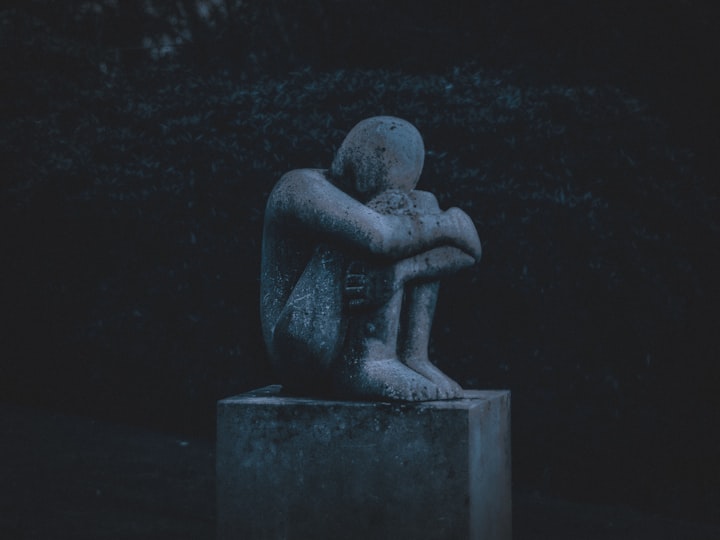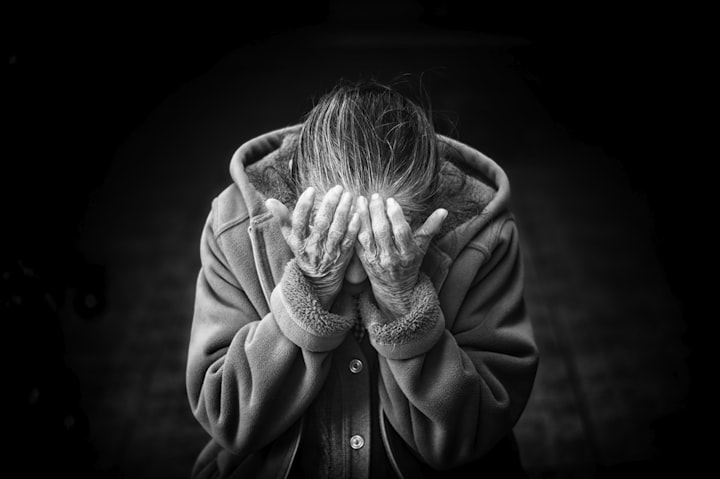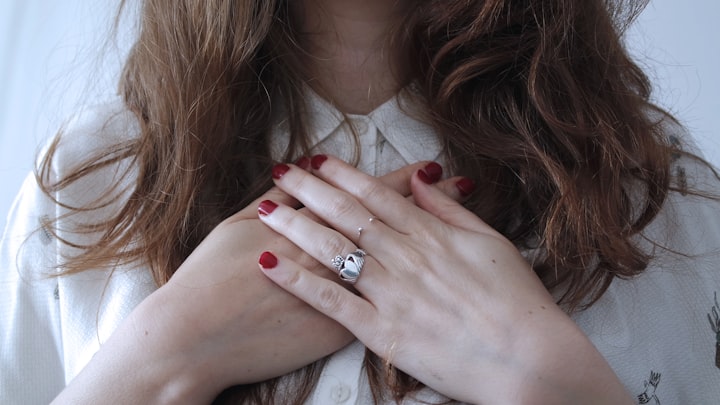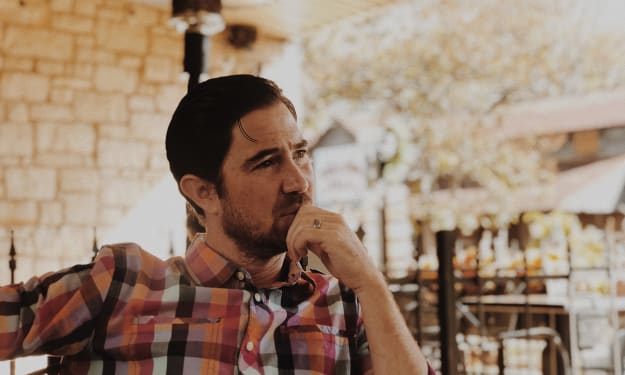Grieving the Loss of a Still Living Parent
The Struggles of Children of Dysfunctional Families

We all know the day will come when we grieve the loss of our parents. It’s a an awful but persistent truth about life. But for many of us, we have to grieve the loss much sooner — before the parent even passes.
If you’re a child of an alcoholic (ACoA) or narcissist — or any sort of dysfunctional family — then this is for you.
Your relationship with your parent(s) is overly difficult and complicated. Your childhood involved abuse, neglect, and retaliation.
Thanks to the Internet, social media therapy, and increased awareness, many of us are working to recover from our traumatic childhoods.
In a lot of cases, this requires going “no contact” with the abusive parent; this is where you completely cut off all communication and interaction.
Obviously, each situation is unique, but generally this is a last resort when the abuser refuses to acknowledge the harm done or make any changes.
In my own case, as I’m sure in many others, it was an act of self-preservation. I was protecting myself from my father’s various forms of abuse and manipulation.
My father is a retaliator. The only way to not be stampeded by him is to take yourself out of the ring altogether.
But just because we know something is necessary doesn’t make it easy.
Blocking his number — same phone number I was taught to memorize in kindergarten — was difficult. It felt so final. A decisive break.
But after decades of emotional blackmail, various forms of abuse, and the separation (and eventual divorce) of my parents, I had no other choice. This was over 2 years ago.
At first, I felt victorious. My father had tormented me as long as I can remember. He took delight in my embarrassment. He was enraged by my differences and critical of my every move. Blocking him felt like slamming the door shut in the face of my life’s biggest bully.
Suffice it to say, we barely tolerated each other.
Yet, over time it was painful to disconnect completely. Buried under the years of anger was a thick, deeply entrenched, layer of grief.

I wanted my dad to love me. I wanted him to care that I was hurting — that he was the one who was hurting me. Inside, there was still that little girl yearning for acceptance.
To block his phone number was to close the door on my last way to connect with him. If I locked him out, the only way to have him at all was for me to invite him back in.
But there were no signs of change; to let him back in would be taking a huge step backwards. It would mean sacrificing my well-being to maintain the “norm.”
It felt so final. And in many ways, it has been. During the years I’ve been no contact with him, I graduated college, celebrated multiple birthdays, undergone surgery, etc.
Even our childhood dog passed away without him. All of these things brought up the grief deep inside me.
They forced me to mourn the loss of my father — the one I never got to have. They forced me to face hard truths: my father didn’t care. His actions told me that in many different ways, even after going no contact.
At first, I tamped down these emotions. My father was a bad man, so why did I miss him? Why did I cry on my birthday? I knew I was doing the right thing, but it wasn’t easy. It didn’t always make me feel better.
But overtime, I’ve learned to give voice to these emotions. The grief of a rejected daughter is just as real as the anger.

In our dysfunctional households, we were taught to keep quiet. We don’t talk about dad’s drinking problem. We don’t tell anyone about the abuse. We don’t even tell each other. We suffer silently and dutifully.
But in our healing, we have to speak. We have to talk about all of the things that happened to us. Be open and honest — with ourselves and others. We have to face the hard emotions, the grief lying beneath the anger.
Each one of us endured our own abuse, but we’d been conditioned to stay silent, without even being directly told to do so.
In healing, I can acknowledge the good and the bad, the anger and the grief, the shame and the hurt. I don’t have to keep everything under the surface to maintain normalcy. I don’t have to be afraid of my emotions.
It’s so difficult to grieve a parent who is still living. To know that you are doing the right thing for your well-being, but still feeling the childhood longing for love and acceptance.
Why am I writing this now?
This weekend is my father’s 50th birthday.
That’s such a heavy sentence for me to write. These milestones hurt. Not all the time, but sometimes.
It hurts to know I won’t be there to see it. It’s not something I ever imagined. And as much anger, hurt, and resentment I feel, grief is there too.
But I won’t silence the inner emotions with shame.

I’ll accept that it makes me a little sad — that it’s okay that I feel complex emotions about it. No one said healing is easy.
I genuinely believe that part of our healing from dysfunction is constantly giving ourselves grace.
If this is you, friend, know that you’re not alone. You’re not broken for this. You’re not too messed up because you have complicated emotions towards your abuser. It’s okay to feel the grief, to speak your truth, and to protect your well-being, however that looks for you.

About the Creator
Ashley Tripp
I’m a freelance writer & artist. I create pieces about the things that move me with the hopes that they move my readers too. My work has been featured in multiple publications. Check out my website for more at https://msha.ke/ashleytripp






Comments
There are no comments for this story
Be the first to respond and start the conversation.